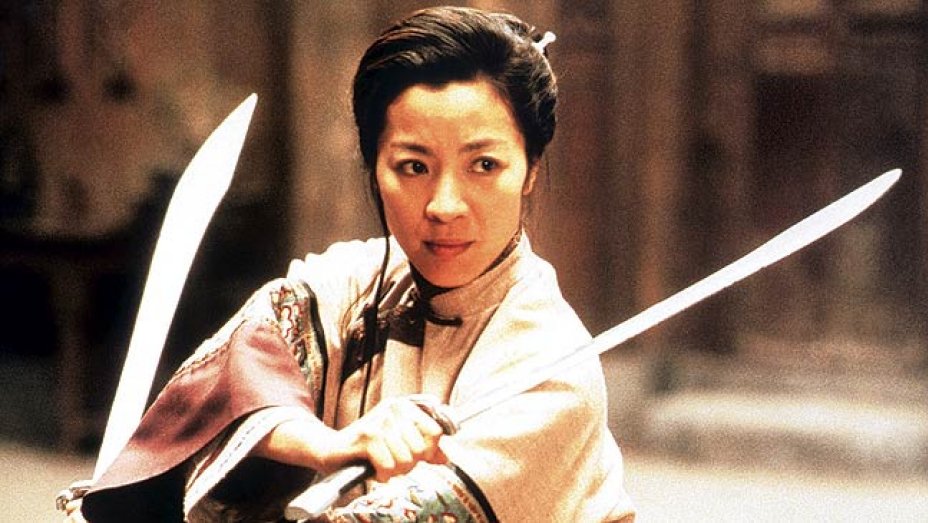
It has been said that the Coronavirus pandemic has acted as a catalyst by speeding up already changing social and business landscapes. We have seen this in the mass closure of high street shopping chains and the meteoric takeover of Amazon and other online businesses, all in the last year.
The changes that COVID-19 has accelerated have exposed the fact that certain industries are more vulnerable than others.
The global film industry is an interesting case. The pandemic completely halted movie production and closed movie theatres everywhere, something which effectively brought the industry to a halt. However, the global lockdowns behind this also dramatically boosted online viewing figures of existing TV shows and movies.
While more people than ever were streaming, the industry failed to receive much in the way of a revenue boost as existing contracts were not structured in a manner to reward studios for such a jump in viewing figures. So even though audiences were bigger than ever before, the movie business has been racking up huge losses throughout the pandemic.
With a mass coronavirus vaccination program well underway, the conversation is beginning to turn to how the global film industry is going to pull its way out of one of the worst crises in its history. One of the tools that is suggested to being extremely important in this recovery is artificial intelligence filmmaking.
Can the Movie Business Recover?
The question of whether the movie business can recover is quite straightforward. Once sufficient numbers of people are vaccinated then movie theatres will be able to open up again and return to profitability.
As those of you who follow film gossip will have discovered by the release of Tom Cruise’s on set outburst regarding two crew members who repeatedly failed to follow COVID-19 guidelines, movie productions are already slowly beginning to get back to business, something which will only increase as more and more people are vaccinated.
However, make no mistake, the audience viewing habit regarding movies, which began long before Covid-19, will continue unless some fundamental changes happen.
Those people who signed up for online video streaming services such as Netflix for the first time and have already integrated online viewing into their daily habits are unlikely to just cancel their subscriptions and go back to movie theatres to watch movies.
It is certain that the months immediately following life back to normal will be some of the best for movie theatres as people who have been locked inside for the last year flock outside in order to experience some normality again. Another draw, highlighted by David Lynch in a recent interview, is that movies are made to be seen on the big screen. The Superhero film is a classic example of this, and works as a powerful draw or magnet for movie theaters.

After this short-lived jump, it is very likely that we will see audience figures begin an inevitable decline as people realize that they can get far more diversity from online viewing platforms at a fraction of the price. When this happens, the movie business is going to have to start to make changes to begin to fight back against a problem that it created or be faced with financial ruin.
Read Also
- Can Artificial Intelligence Learn to be Creative?
- How Developing Artificial Intelligence Will Help Us Better Understand Ourselves
- The Importance of Real-World Training: The Problem of Underspecification in Artificial Intelligence
AI to the Rescue?
The idea that the movie business will wake up and recognize that it must change if it is to survive online seems to be a matter of time.
But what changes must it make?
Well, it seems that if the movie business is to thrive and fight off the competition from TV shows and YouTube then it needs to understand what its audience wants and recognize that diversity is the ultimate key to its success.
Hollywood, for example, has always been reactive rather than trendsetting, however, it has nearly always understood its market and been able to produce a range of films to suit different groups within that market.
Today, its understanding of foreign markets is superficial, to say the least, something which was highlighted by Chinese complaints that its Asian American stars are all ugly. This is at the heart of Hollywood’s problem. How can you make more diverse movies that people from different countries want to see?
Well, the answer is staring them in the face.
Just as U.S movies have found success in China, a small number of Chinese films have found success in the U.S. An example of this was Crouching Tiger,_Hidden_Dragon (2000), which grossed over half its $213.5 million worldwide revenue in the United States. This is important as it highlights that U.S audiences will watch actually Chinese-themed films, and that movie preferences are not just a one-way thing.

So, what is the solution?
Answer: Understanding your audience.
If the global film industry wants to thrive then it needs to both understand its audience and increase the diversity of the films it makes for various segments of its global audience and to give people choice about the types of films that they get to watch once more.
While this is easy to outline, it is much harder to put into practice and is why the film industry needs a helping hand. This is where AI comes in.
AI filmmaking solutions already offer producers powerful insights that have been derived from big pools of data regarding regional audiences from all over the world. These insights empower filmmakers and production companies with perspectives that allow them to better understand their audiences, even at the script phase of production.
Imagine the power that such a tool gives a movie professional to be able to see how their intended audience reacts to their ideas, and how this reaction changes when they change certain elements of the production.
Filmmakers will be able to continually innovate in order to understand what works in various regions around the world without risking box office failure. As such, they will be able to make films that step out of the current levels of superficiality and engage segments of global audiences in the way that Hollywood used to do to appease its domestic U.S market.
As Crouching Tiger Hidden Dragon proves, the similarities between global peoples that transcend geographic and even cultural boundaries are the basis for diversity in films on a global scale.
AI will allow filmmakers to make globally appealing romantic comedies, for example, and globally appealing crime dramas, etc., that will once again breed a thirst for audiences to head back to cinemas and watch movies again.
Artificial intelligence will be the lynchpin of the cultural understanding that fuels this development. While it is hard to say when mass adoption of AI will really begin, the power that it offers moviemakers and production companies can’t be ignored forever.
Read Also
- Artificial Intelligence is About to Set Another Movie Milestone
- Artificial Intelligence And The Battle To End Racial Discrimination In Movies
- What Data Sources Do AI-assisted Filmmaking Systems Use?





Stay connected